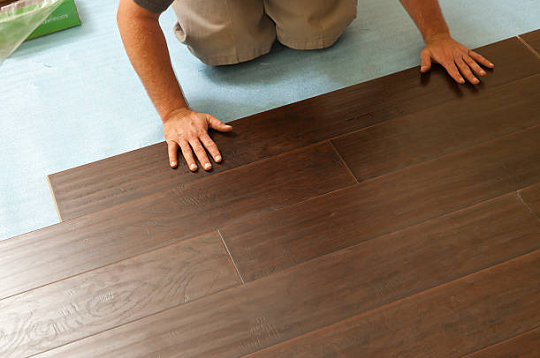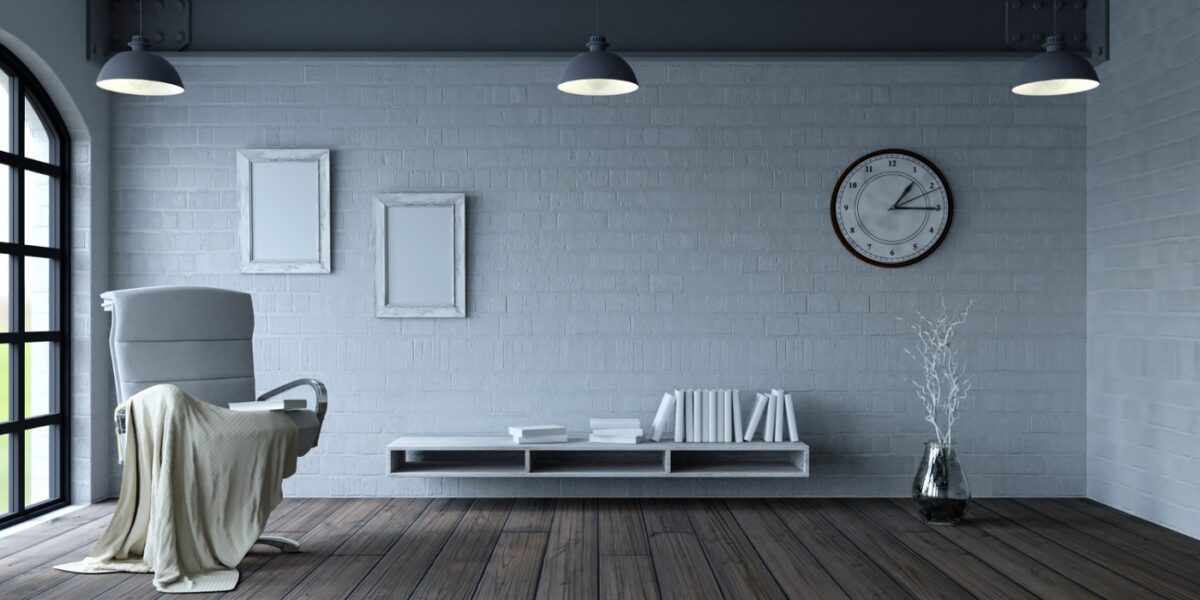 Humidity And Temperature
Humidity And Temperature
In the case of wooden floors, laminate, or floating floors, it is important to remember that humidity severely affects these types of floors; we recommend their use only in areas where they are not exposed to water splashes, environmental humidity, etc. In addition, these floors constantly expand and contract, so they must be installed with this characteristic in mind.
Traffic And Use Of Space
It is recommended that the floor material be chosen based on the amount and type of traffic they will receive. Ceramic or porcelain floors offer the greatest resistance and elegance but tend to be very cold. Wooden floors, veneer or laminate, are of great beauty and warmth, but they could be damaged more easily, although it depends on the quality of the floor, its type, and finish. Meanwhile, vinyl floors, whether in roll or plank format, are much more resistant to wear and humidity and easy to install and clean.
The State Of The Slab
The quality of any floor installation depends on the condition of the radiator or slab. For best results, the floor must be dry, moisture-free, stable, and level. To install a ceramic floor, stone floor, or certain wooden floors, it is necessary to have a level slab without surface imperfections or unevenness that prevent correct installation. In the case of a renovation, it is essential to remove the existing floor, which requires a greater amount of work and expenses.
Design Styles
For the best overall result, selecting a floor that complements the overall style of your interior design is recommended. Investing in good quality floors is better: the floor is not a wall that can be painted or covered continuously and must be lived with for a long time.
 Flooring Options
Flooring Options
Wooden Floors: They provide warmth to cold places. Correct placement and proper maintenance can keep them intact for a long time, but they are susceptible to deformation and deterioration due to humidity and water. They require good quality wood to guarantee durability.
Rugs: They are easy to place and add warmth and aesthetics to an area. They are acoustic and thermal insulators. Its main defect is the accumulation of dust and difficult maintenance.
Ceramics: Widely used for their high resistance to traffic. A wide range of colors, designs, and textures allow them to adapt to all types of decoration. They are easy to maintain due to their water resistance. They have a few disadvantages, being one of the most used materials.
Vinyl: Very easy to maintain, resist humidity and water; They are easy to replace and apply over other coatings; They can be applied in bathrooms and kitchens and places with humidity; They are excellent thermal and acoustic insulators and have versatile designs.
Stones: There are different types of stones, such as marble, flagstone, granite, sandstone, etc.; their main advantage is their greater resistance to wear. Of very natural beauty and elegance. Although its price and placement may be the highest. In addition, they have cool environments, unlike wood.

